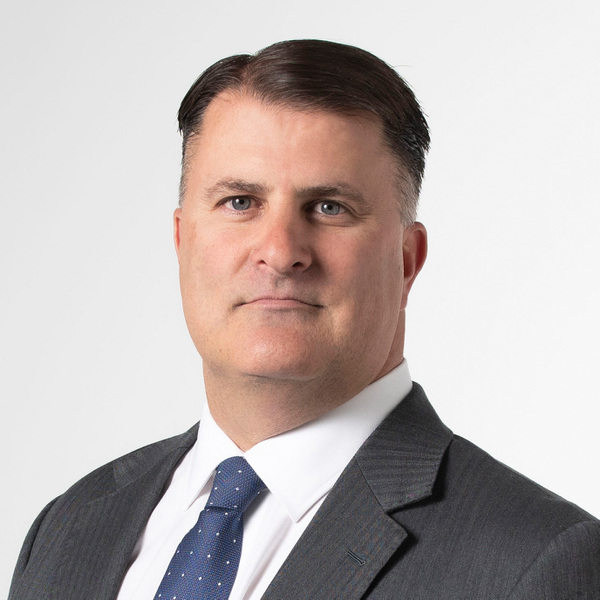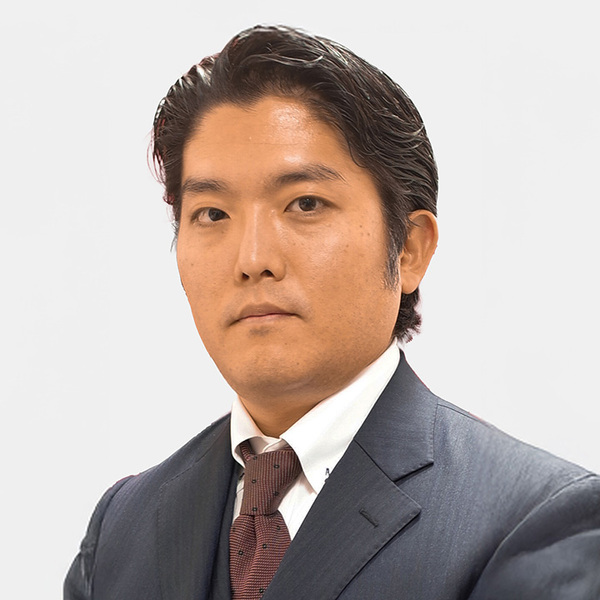Our expectation is to exceed yours
Whether you are exploring new asset classes and distribution markets, looking to scale and manage disparate data flows across multiple platforms, or navigating regulatory compliance and ongoing oversight requirements, we partner with you to support your success.
Our purpose is to deliver premier service, innovative technology, and specialist expertise to enable your:
- Growth and performance: accelerate your product innovation and distribution.
- Operational efficiency: design resilient and scalable operations.
- Oversight and control: achieve systems interoperability and optimized data strategies.
We believe that how we help you achieve these outcomes is as important as the outcomes themselves. Exceeding your expectations is not just what we strive for on our best day, but every day.
The sense of personal accountability inherent in the Partnership model is a distinctive feature of how we do business at BBH. It informs the care we take with our clients’ assets, and above all, how we act with integrity in everything we do.
About Investor Services
- Premier Service
- Innovative Technology
- Specialist Expertise
Brown Brothers Harriman & Co. (“BBH”) may be used to reference the company as a whole and/or its various subsidiaries generally. This material and any products or services may be issued or provided inmultiple jurisdictions by duly authorized and regulated subsidiaries. This material is for general information and reference purposes only and does not constitute legal, tax or investment advice and is notintended as an offer to sell, or a solicitation to buy securities, services or investment products. Any reference to tax matters is not intended to be used, and may not be used, for purposes of avoidingpenalties under the U.S. Internal Revenue Code, or other applicable tax regimes, or for promotion, marketing or recommendation to third parties. All information has been obtained from sources believed tobe reliable, but accuracy is not guaranteed, and reliance should not be placed on the information presented. This material may not be reproduced, copied or transmitted, or any of the content disclosed tothird parties, without the permission of BBH. Pursuant to information regarding the provision of applicable services or products by BBH, please note the following: Brown Brothers Harriman Fund Administration Services (Ireland) Limited and Brown Brothers Harriman Trustee Services (Ireland) Limited are regulated by the Central Bank of Ireland, Brown Brothers Harriman Investor ServicesLimited is authorised and regulated by the Financial Conduct Authority, Brown Brothers Harriman (Luxembourg) S.C.A. is regulated by the Commission de Surveillance du Secteur Financier, and Brown Brothers Harriman (Hong Kong) Limited is regulated by the Securities & Futures Commission in Hong Kong. All trademarks and service marks included are the property of BBH or their respective owners. ©Brown Brothers Harriman & Co. 2024. All rights reserved.












